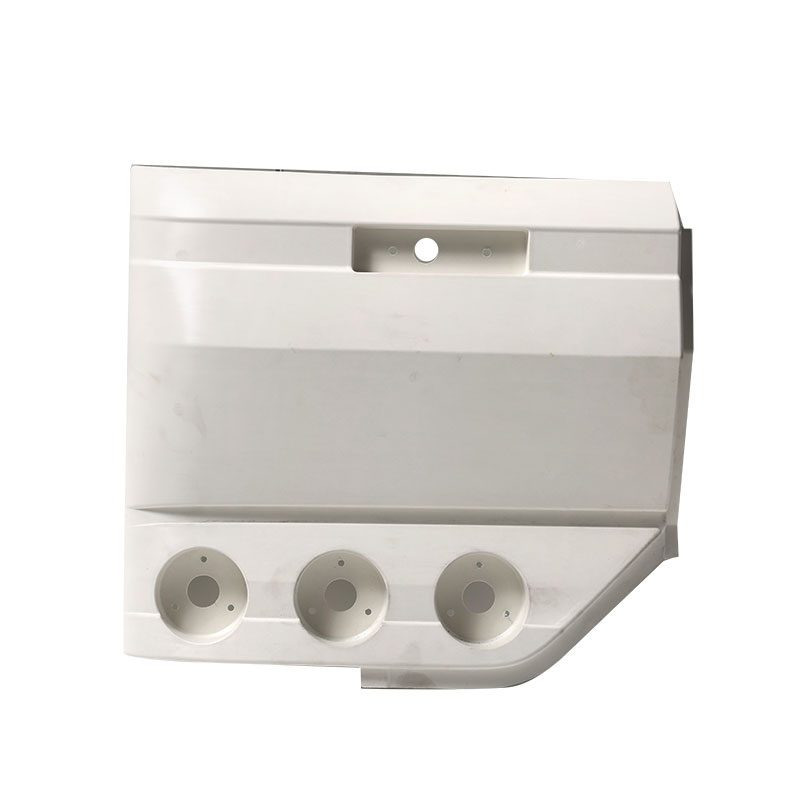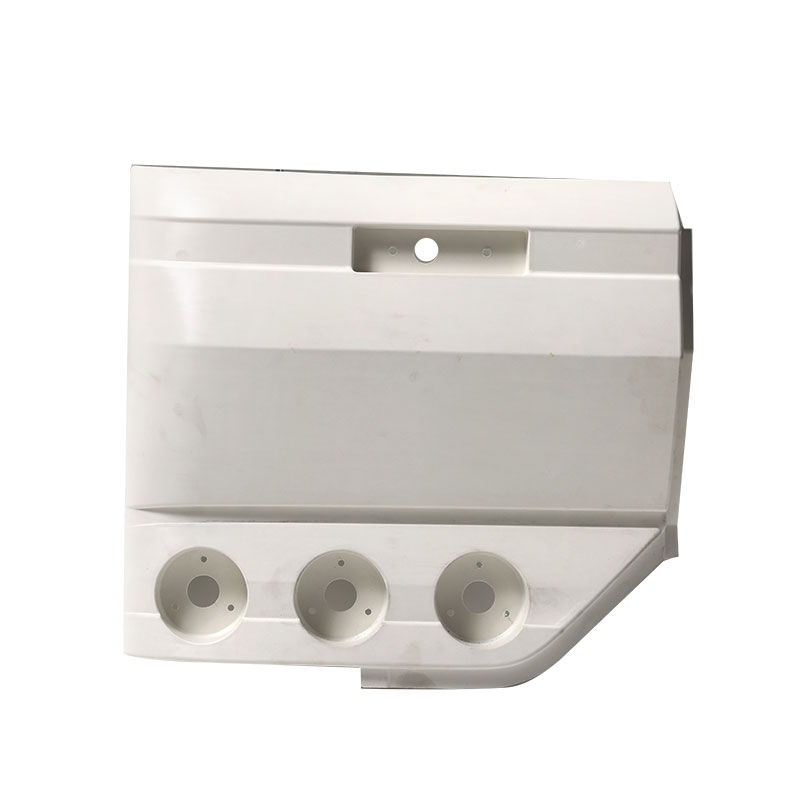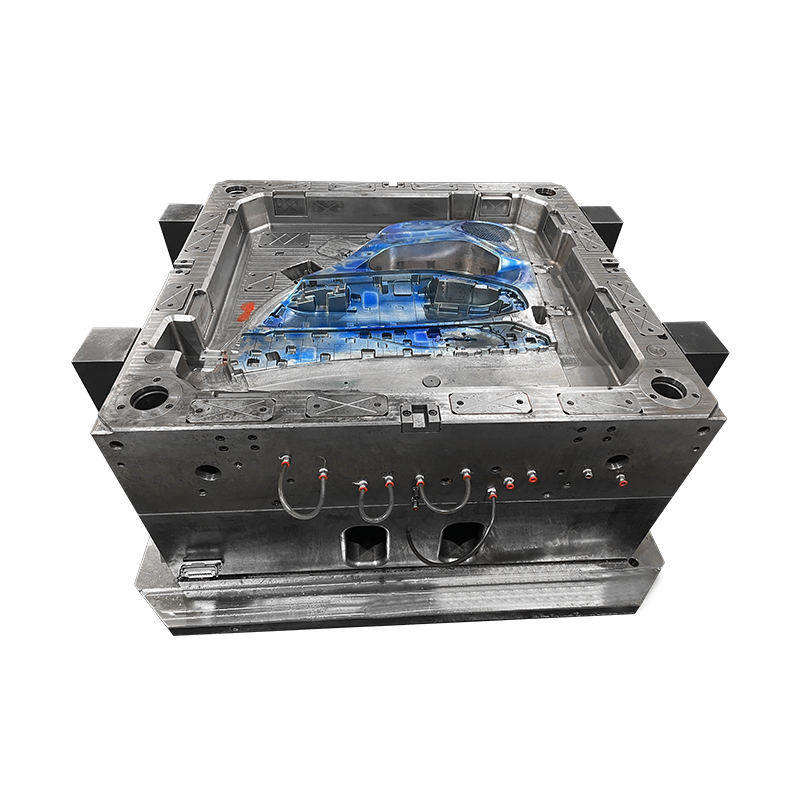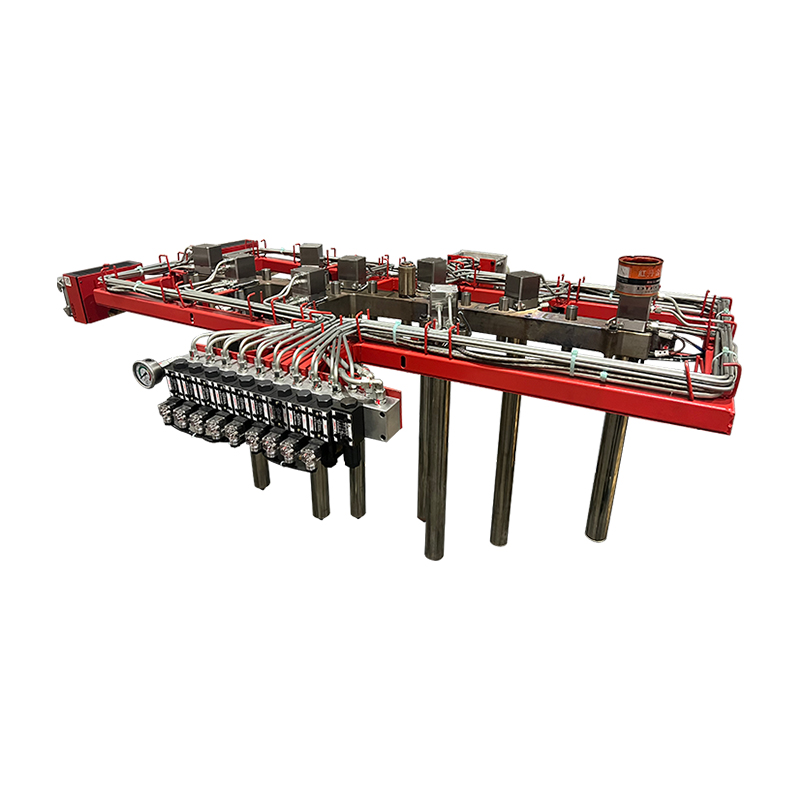
Sheet Molding Composites for Automotive
|
Mould Type |
Compression mould |
|
Mould Steel |
P20 / S50C / S45 |
|
Mould Cavity |
Single cavity / Multiple cavities / Multiple cavities with interchangeable inserts |
|
Heating System |
Oil heating / Electrical rods heating |
|
Ejection System |
Hydraulic eject with air assist / hydraulic pins |
|
Mould Cycle |
depends on mould steel, P20 could support around 300 thousand lifespans |
|
Lead Time |
50 days |
Liberal Mould specialises in composite mould and injection mould, we are capable of providing a one-off solution for our customers from mould development, design, and mould making to finished products according to our customer requirements.
Sheet Molding Composites (SMCs) have emerged as a transformative material in the automotive industry, offering a range of benefits that address the demands for lightweight, durable, and cost-effective solutions.
1. Definition and Composition
SMCs are a type of fiberglass-reinforced composite material composed of a pre-impregnated resin matrix and reinforcing fibers, usually glass fibers. This mixture is supplied in the form of thick sheets or mats, which are then molded under heat and pressure to form complex parts. The primary components include:
Resin Matrix: Typically a thermosetting polyester or vinyl ester resin that provides structural integrity and durability.
Reinforcing Fibers: Glass fibers or other types of reinforcement that enhance strength and stiffness.
2. Advantages in Automotive Manufacturing
a. Lightweight and Fuel Efficiency
One of the significant benefits of SMCs is their low density compared to traditional metals like steel. The reduced weight of SMC components contributes to improved fuel efficiency and lower emissions, aligning with the automotive industry's push for greener and more economical vehicles. Lighter vehicles also experience better handling and performance.
b. High Strength-to-Weight Ratio
SMCs offer an good strength-to-weight ratio, making them suitable for applications where both strength and lightweight properties are crucial. This characteristic allows for the production of parts that are strong and durable while reducing overall vehicle weight.
c. Design Flexibility and Complex Shapes
SMCs can be molded into intricate and complex shapes that would be challenging or cost-prohibitive with traditional materials. This design flexibility enables automotive manufacturers to create aesthetically pleasing and aerodynamically efficient components without the need for multiple assembly processes or additional finishing steps.
d. Corrosion and Chemical Resistance
SMCs exhibit nice resistance to corrosion and various chemicals, including automotive fluids. This resistance extends the lifespan of automotive components and reduces maintenance needs, enhancing the overall durability and reliability of vehicles.
e. Cost-Effective Production
The production of SMCs can be highly cost-effective, particularly for high-volume manufacturing. The molding process allows for high repeatability and precision, reducing waste and reducing the need for additional machining or finishing. Additionally, the ability to produce complex parts in a single molding process can lower overall production costs.
f. Impact Resistance and Safety
SMCs possess good impact resistance, which is crucial for automotive parts exposed to road hazards and collisions. The material can absorb and distribute impact forces, contributing to vehicle safety and occupant protection in case of accidents.
3. Applications in Automotive Industry
a. Exterior Body Panels
SMCs are commonly used in automotive exterior body panels, such as bumpers, fenders, and hoods. The material's ability to be molded into complex shapes allows for sleek and modern vehicle designs. Additionally, the impact resistance and durability of SMCs help in maintaining the structural integrity of these components over time.
b. Structural Components
In addition to exterior panels, SMCs are also utilized in various structural components of vehicles, including underbody shields, wheel arches, and chassis parts. The material's strength and stiffness contribute to the overall structural rigidity and safety of the vehicle.
c. Interior Components
SMCs find applications in the interior of vehicles as well, including dashboards, door panels, and center consoles. The material's ability to be molded into aesthetically pleasing shapes and its resistance to wear and tear make it suitable for interior applications.











